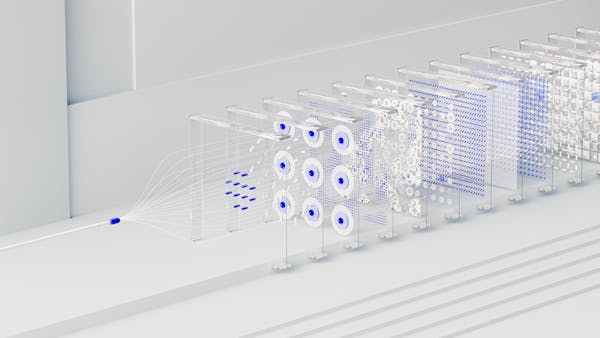AI writing has its place in your marketing strategy, but human writers still have unique strengths that can’t be replicated by machine. It’s important to understand the differences between these two approaches to make an informed decision about which one to use for your content needs.
Human writers excel at bringing emotion, creativity, and expertise to their work. AI writing tools, on the other hand, are able to produce content quickly and accurately. Check out more at getmacaw.
Emotional Intelligence
The emotional intelligence of human writers enables them to connect with readers on a deeper level, making their content more compelling and impactful. This connection evokes empathy and understanding, which AI writing tools struggle to accomplish.
Additionally, human writers can adapt their writing styles and tones to suit different audiences and needs. For example, they can use slang or dialect to create a more authentic voice that connects with the audience.
Finally, human writers can fact-check and verify information, ensuring that the content they produce is accurate. In contrast, generative AI often relies on pre-learned data and algorithms, which may lead to inaccurate or misleading information.
Creativity
AI writing tools may be great for churning out a lot of content quickly, but they lack the creativity that makes copy more engaging. Human writers can create relatable stories, analogies, and other creative ways of conveying information that are difficult for AI to replicate.
When evaluating AI writing capabilities, look for a tool that prioritizes creativity over scalability. This will help ensure that the content created by AI is unique and able to engage readers. A good AI writing tool will also allow you to ask it for elaborations and fill in writing gaps. This will improve productivity and allow you to maximize the benefits of the AI writing tool.
Originality
While AI writing tools can produce content that satisfies basic SEO requirements, they often lack the depth of insight and creativity that human writers can bring to their work. Additionally, they can lack the personal touch that creates a connection with readers on an emotional level and provides authenticity.

This issue raises questions about the ethical use of AI for writing. For example, if an AI program produces an essay that passes plagiarism checks but is devoid of personality or originality, does it still qualify as plagiarism?
It’s important to consider these issues as you explore different options for integrating AI into your content creation processes. This will help ensure that your content meets the highest standards of quality while also retaining the essence of human creativity.
Versatility
AI writing software excels at a certain level, but human writers still make the difference when it comes to creating content that evokes emotion and resonates with readers. The ability to convey complex emotions, interpret nuanced arguments, and grasp cultural nuances is a distinctly human trait that challenges AI.
In terms of scalability, it is important to remember that AI cannot yet replicate the innate quality and creativity that human writers bring to their work. As such, scalability should not be used as an indicator of how effective an AI writing tool will be in your marketing and copywriting efforts. Instead, a balance of both is key to achieving success.
Time-Efficiency
Time efficiency means prioritizing tasks and managing your workload to ensure you meet all obligations while also maintaining a healthy work/life balance. Being efficient helps you stay on track and reach your goals while keeping personal objectives, such as learning a new skill or hobby, in mind.
AI writing tools are capable of generating content at speeds not achievable by human writers, dramatically reducing the time from concept to publication. However, they still lack the ability to capture and convey the genuine emotions that drive a brand’s tone of voice, making them an effective complement rather than a replacement for the human element.
Scalability
As AI evolves, scalability becomes one of the most critical engineering disciplines. It transcends mere handling of larger datasets and has a huge impact on AI’s overall efficiency.
In general, human writers are better at emotional connection, evoking empathy, and writing content that resonates with readers. They can also utilize creative wordplay and puns to keep their audience engaged.
Nevertheless, AI-generated content has its benefits when it comes to research, structuring, and optimizing for SEO. The key is to use both human and AI writing tools in the right proportions depending on your needs. The future lies in a harmonious combination of their synergy.